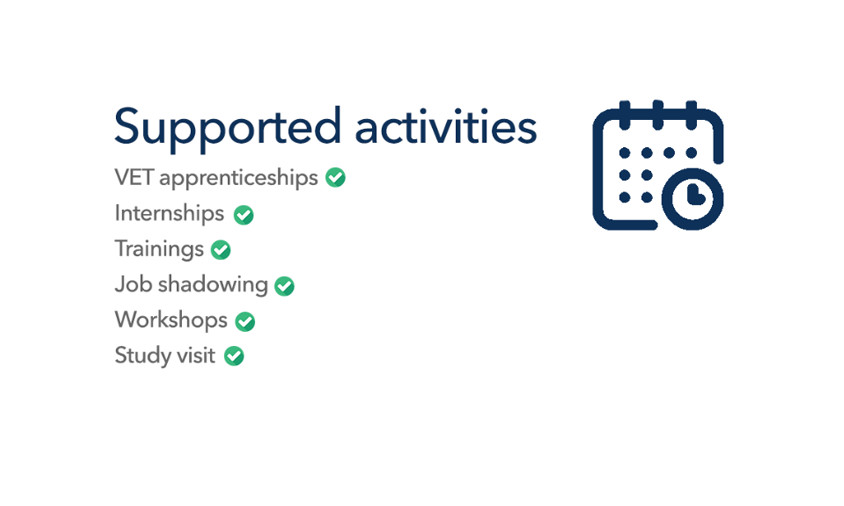
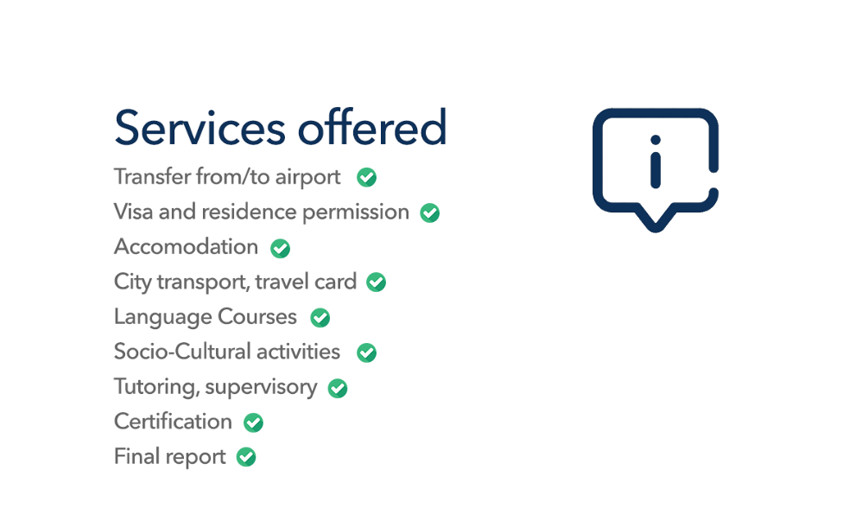
About Palermo
Palermo is a city in Southern Italy, the capital of both the autonomous region of Sicily and the Province of Palermo. The city is noted for its rich history, culture, architecture and gastronomy, playing an important role throughout much of its existence; it is over 2,700 years old. Palermo is located in the northwest of the island of Sicily, right by the Gulf of Palermo in the Tyrrhenian Sea.

Work placement location

Work placements take place mainly in the area of Palermo capital city of Sicily. We also organize work placements in the Hospitality and Tourism sector in the other island of Sicily or other region of ITALY.
Why Palermo?
Palermo is Sicily’s cultural, economic and touristic capital. It is a city rich in history, culture, art, music and food. Numerous tourists are attracted to the city for its good Mediterranean weather, its renowned gastronomy and restaurants, its Romanesque, Gothic and Baroque churches, palaces and buildings, and its nightlife and music. Palermo is the main Sicilian industrial and commercial center: the main industrial sectors include tourism, services, commerce and agriculture.
For cultural, artistic and economic reasons, Palermo was one of the largest cities in the Mediterranean and is now among the top tourist destinations in both Italy and Europe. The city is also going through careful redevelopment, preparing to becomevone of the major cities of the Euro-Mediterranean area.
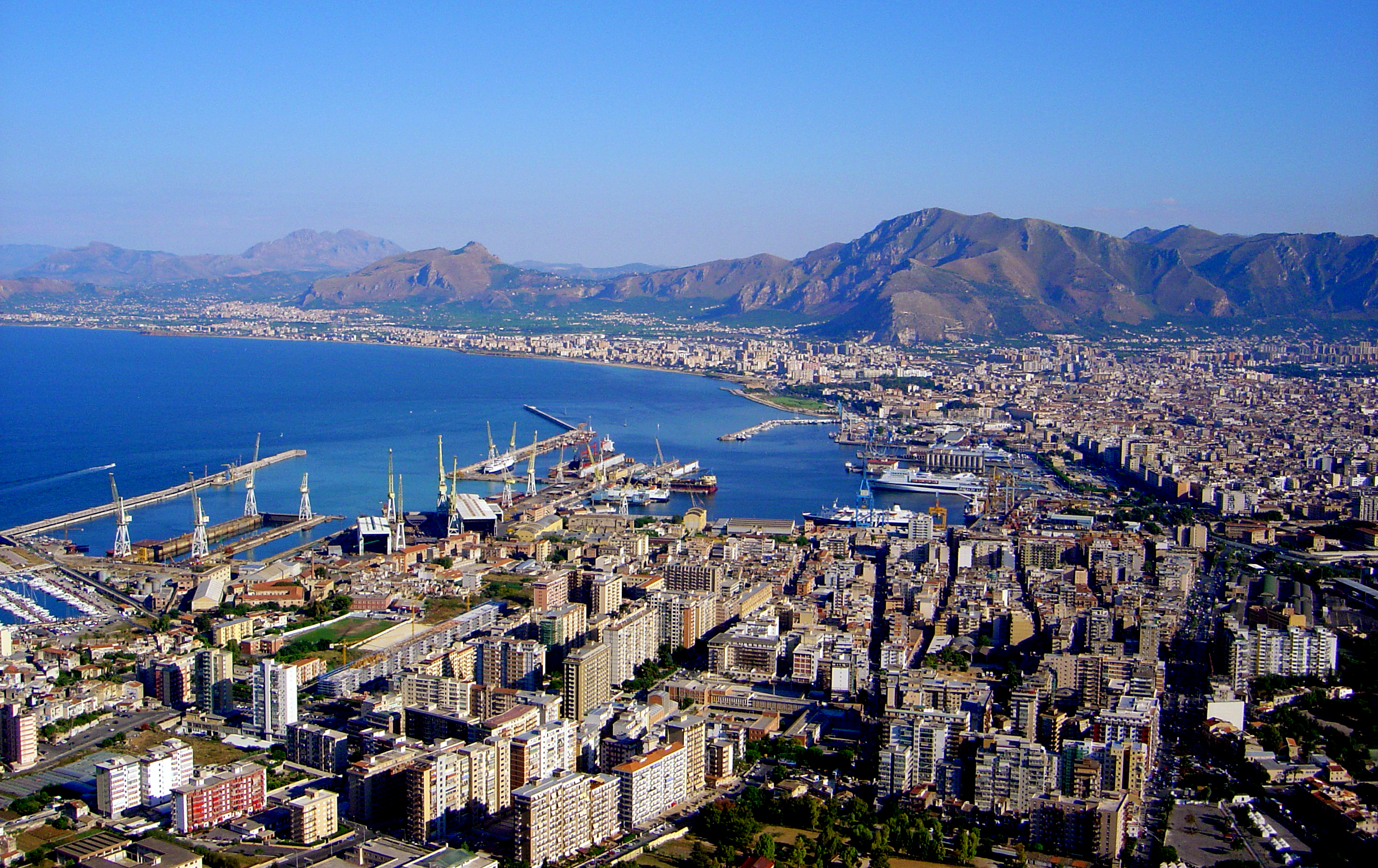
Work Placement Sectors
Here below the list of activity field supported by CEIPES for work placement, study visit and internship in Italy and abroad. The aim is to accomplish the “wedding” between learners/interns and companies for sustainable and meaningful working experiences.
| VOCATIONAL EDUCATION AND TRAINING | ||
|
Hygiene, Safety and environment |
Sport management | Tourism, hospitality, hotel catering |
| Agriculture | Commerce | Renewable energies |
| Agro-alimentary industry | Construction | Human Resources |
|
Advertisement, show and audio- visual industry |
Engineering and architecture |
Social services |
|
Company management and business sector |
Environment | Restoration and Handcraft |
| Cultural Services and Art |
Finance and insurance industry |
Education (primary, non formal);
|
| Entrepreneurship | Food industry | Textiles and clothing |
| Health | Renewable energies | Restourants and catering |
|
Management and programming of Communication Systems |
Theatre, dance, music | Health, wellbeing & social care |
| Information technology | Tourism | Creative industry |
Working hours
Participants will work a minimum of 20 hours to a maximum of 40 hours per week depending on the project learning objectives.
Salary or payment for the week is NOT included.
Where necessary (i.e. in hotels, restaurants, handicraft, restoration etc.) suitable working clothes may be requested.
PROJECT IMPLEMENTATION IN PALERMO
Accommodation
The accommodation may be provided with a single bed in shared rooms or with single rooms in private apartments, youth hostels or University dormitories. Participants must follow the regulations regarding the use of the accommodation. If participants work in the sector like tourism industry, accommodation may be found directly within the hotel; full board may be provided. During short term projects hotels or B&B rooms will be provided.
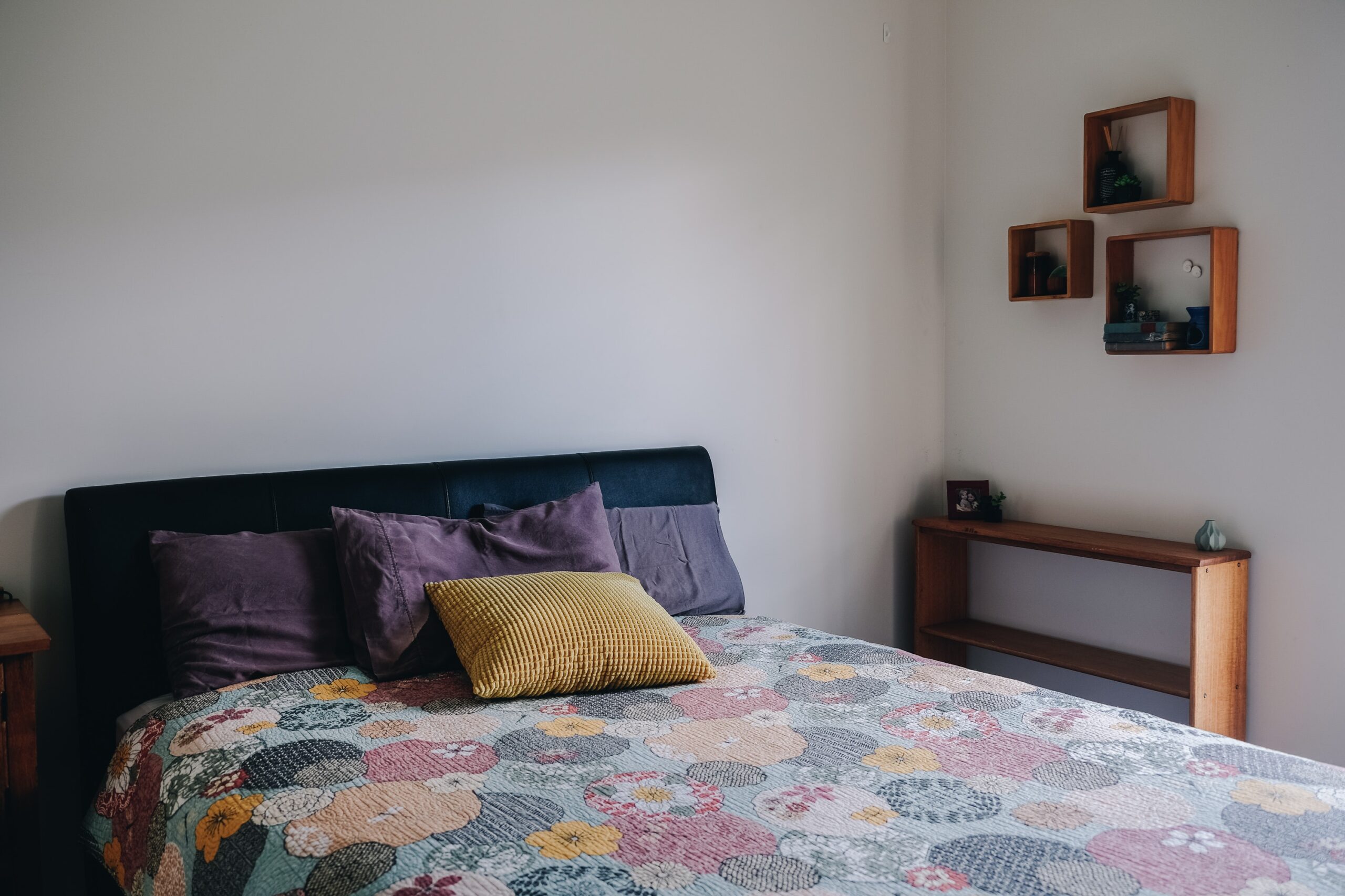

Transfer from/to the
airport
The staff of CEIPES will welcome the groups at the arrival in the airport, provide transport from the local airport to the participant’s accommodation and at the end of the project period arrange transport to the airport.
City transport, travel
CEIPES will provide city travel card (bus and train) for every participant, according with the Activity agreement.
The cost will vary according to the age and status of the participants and duration of the stay in Italy.
Language courses
Thanks to our local partners, Language courses will be provided in cooperation with local or international language school and public or private institutions in Sicily with experienced Italian teachers. The course will range from beginner to advanced level.
The teaching method is based on communication. Students actively exercise the four fundamental functions of the language: listening, speaking, reading and writing. Particular attention, however, is given to conversation, to express himself and communicate in Italian from the beginning of the course.
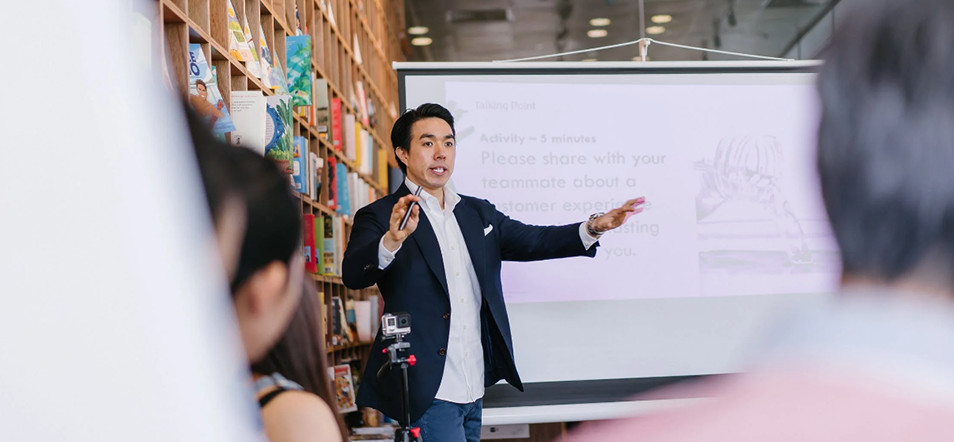
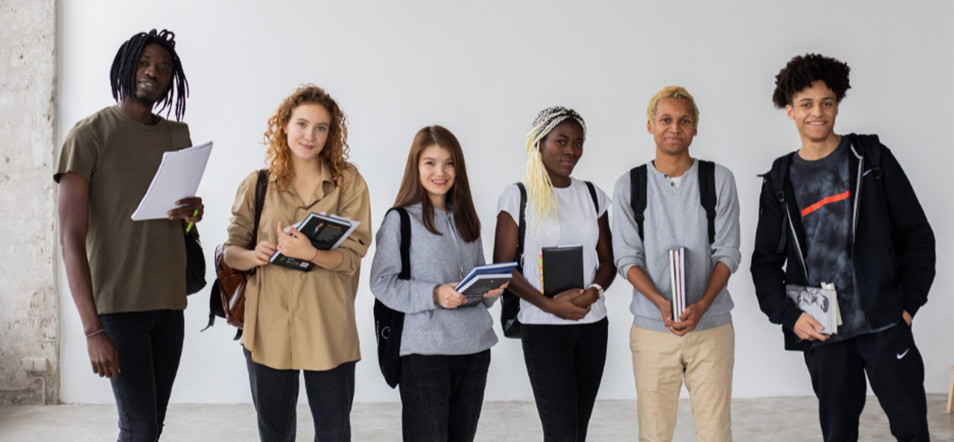
The course aims to give participants the essential knowledge to communicate in Italian, and if necessary, a basic terminology for the professional sector in which the candidate(s) will work.
The necessary materials (documents, grammar exercises, music, video, literature texts) will be distributed by the course teacher.
The participants will receive The Europass Language Passport which shows language abilities necessary for any work placement in all around the Europe.

Socio – Cultural activities
CEIPES nominates a tutor for every participant during the project. The tutor will be responsible for the socio-cultural activities and the integration of the participant to the local community. These activities will help to improve participant’s knowledge about Italian Language, Italian Culture and Society.
These activities aim to help gaining an understanding of the environment, in which the candidates will live, study or work. Activities will focus on various cultural events and tours of Sicily, specially Palermo.
Tutoring, Supervisory and monitoring
One of the most important aspects of these projects is the cooperation among the different actors of the project project like tutor, supervisor, project coordinators and participants.
A tutor will be provided by the hosting organization (CEIPES) for the participants who will support their effective integration into the host environment, and will act as a reference person for ongoing assistance. Supervisor is another core element and really important for the work placements. The supervisor is responsible from integration of participant into the work place environment.


Where necessary, help with reintegration into the social, educational or professional environment of the home country should be made available to people returning after long-term mobility. The experience gained will be properly evaluated by participants, together with the organisations responsible, to assess whether the aims of the learning plan have been met.
Feedback and reports will be sent to the sending organisation in order to keep tutors informed of the progress of the project. Monitoring visits of tutors from the sending organisation will be another important part.
Recognition and Certificate
At the end of the program CEIPES will deliver the certificates, including information on the work experience, working hours, specific working role, proposed professional training project, development of skills of the participant, and any other useful details.
The Italian course certificate will be provided by Italian Language School. Reference Letters and/or certificates will also be issued by the hosting companies. CEIPES can also provide Europass Mobility documentation on request.


Final report
At the end of the programme, CEIPES prepares a final Report containing all the information on the learning outcomes. This final report is sent to the sending organisation.
The final report always has a section dedicated to a critical evaluation of the project as a whole. This part is important because it indicates what the organization has learned and communicates how in the future it is possible to develop further projects drawing on what has been learned.
Contact us to design together the learning experience
CEIPES designs the learning path based on the needs of the requesting person.
Please fill in the following form to be contacted by our staff.